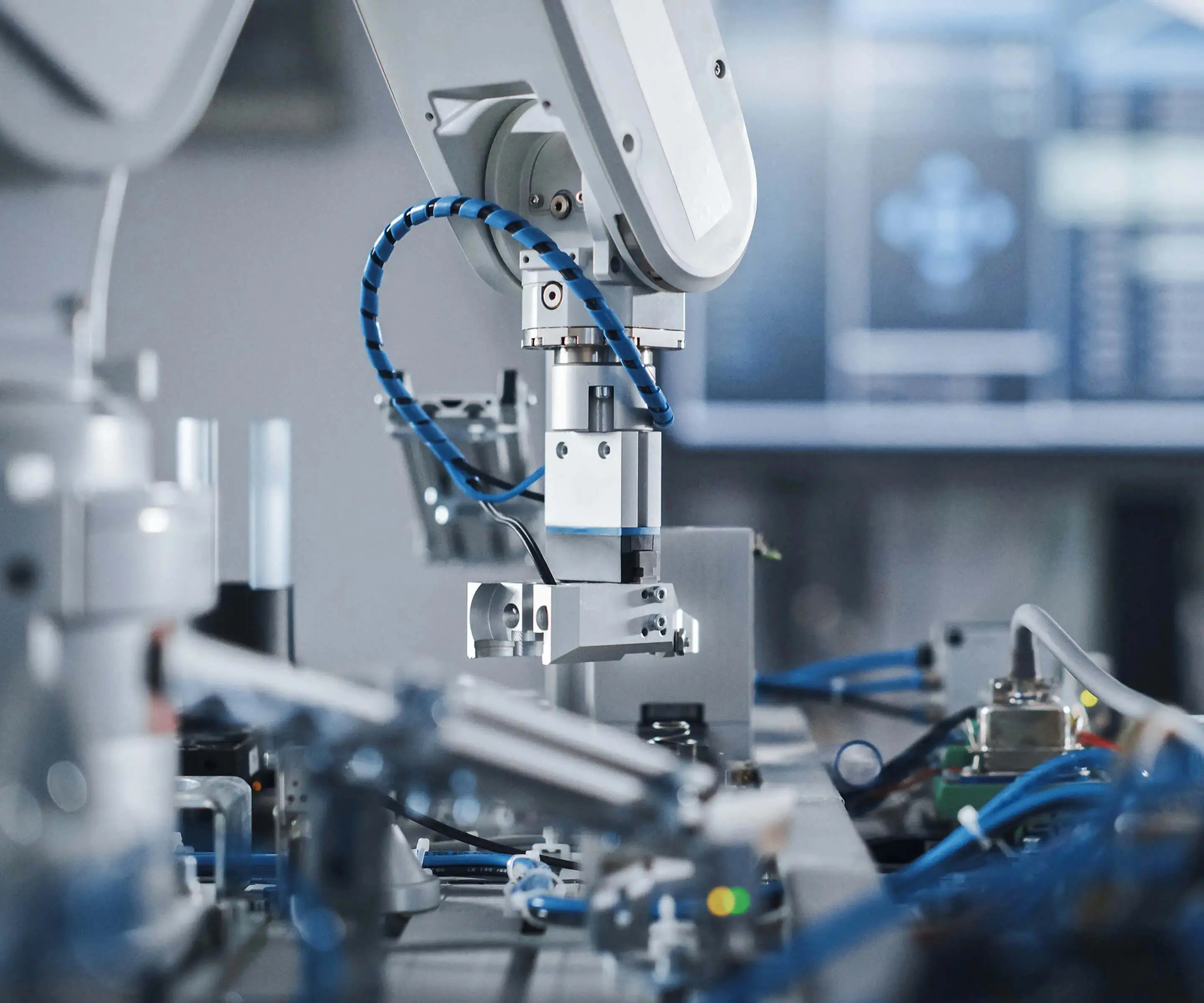In the rapidly evolving landscape of industrial automation, servo motors stand out as the backbone of precision, speed, and reliable control. Among the eminent manufacturers in this field, Fanuc has established itself as a leader, renowned for producing high-quality servo motors that power everything from CNC machinery to robotic arms. But what truly sets Fanuc servo motors apart are their detailed specifications — the critical parameters that define their performance, versatility, and longevity.

Understanding Fanuc servo motor specifications isn't just about technical jargon; it’s about grasping how these features translate into real-world benefits like improved productivity, enhanced accuracy, and operational efficiency. Whether you're an engineer, a technician, or simply a technology enthusiast, knowing what to look for can help you select the perfect servo motor for your application.
Core Specifications and Their Significance
At their core, Fanuc servo motors are designed to deliver precise motion control. The fundamental specifications that influence this include power ratings, torque capacity, speed ranges, rotational inertia, voltage and current requirements, and feedback mechanisms.
Power and Torque Ratings Fanuc servo motors come in a broad range of power capacities, from small, lightweight models suitable for delicate robotic axes to powerful units capable of handling demanding industrial presses. The rated torque, often specified in Newton-meters (Nm), directly impacts the motor's ability to accelerate, hold, and maintain position under load. For high-precision applications, motors with a high torque-to-inertia ratio are preferred, as they provide rapid response and minimal lag.
Speed Range The maximum rotational speed varies among Fanuc models but generally falls between a few thousand to over 10,000 revolutions per minute (RPM). This broad spectrum allows customization based on the application's needs—high-speed operations like spindle machining or slower, high-torque movements like material handling.
Feedback Devices Fanuc servo motors are equipped with high-resolution encoders, often absolute or incremental, which provide real-time positional feedback. The encoder resolution, measured in pulses per revolution (PPR), is a critical spec, influencing positioning accuracy and smoothness. Some advanced models incorporate multi-turn absolute encoders, enabling the motor to remember its position even after power loss—vital for complex automation sequences.
Voltage and Current Specifications Operating voltages typically range from 200V to 400V AC, tailored to industrial power standards. The rated current determines the motor's power draw and thermal handling capacity. Proper matching of voltage and current specifications ensures optimal motor performance without overheating.
Mechanical and Electrical Design Features
Fanuc servo motors don't solely rely on their electrical specs to deliver performance; their mechanical refinement plays a pivotal role. Factors like housing design, thermal management, and bearing quality influence durability and precision.
Housing and Mounting Fanuc motors are engineered with compact, robust housings that facilitate easy integration into machinery. Some models feature flange or foot mounting options, adaptable to diverse machine setups.
Thermal Considerations High-performance servo motors generate heat, which can degrade performance or damage internal components. Fanuc employs advanced cooling techniques—such as optimized fan blades, heat sinks, and even liquid cooling in high-power variants—to ensure consistent operation under heavy loads.
The Role of Control Algorithms and Software
While hardware specifications are fundamental, Fanuc’s servo systems are also distinguished by their control algorithms—patented technologies that optimize damping, resonance suppression, and response times. The integration of these algorithms with hardware specifications ensures smoother operation, less vibration, and higher positional accuracy.
Established in 2005, Kpower has been dedicated to a professional compact motion unit manufacturer, headquartered in Dongguan, Guangdong Province, China.




































